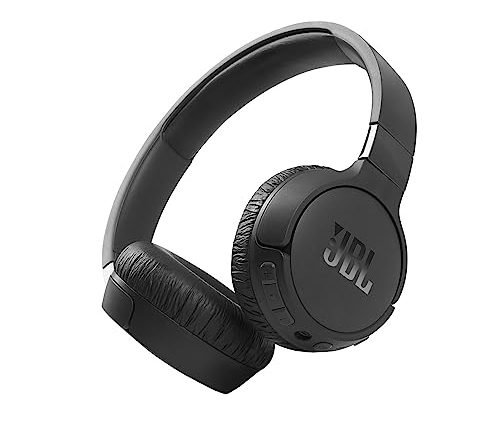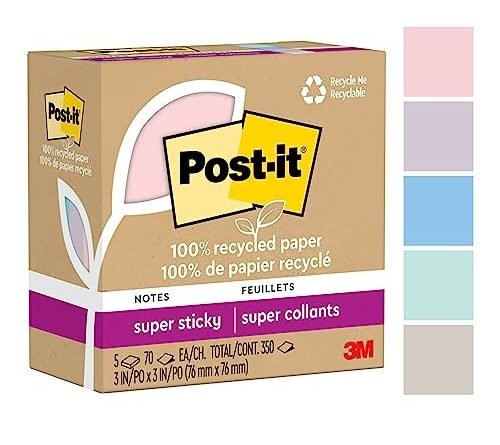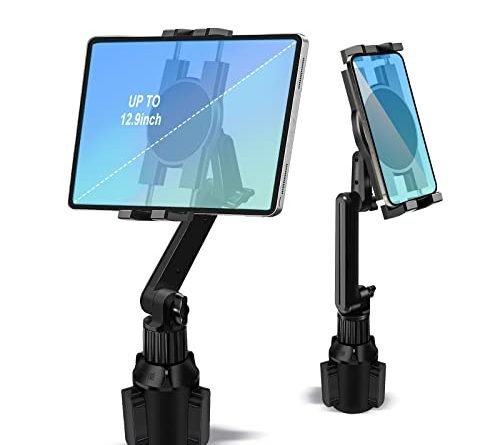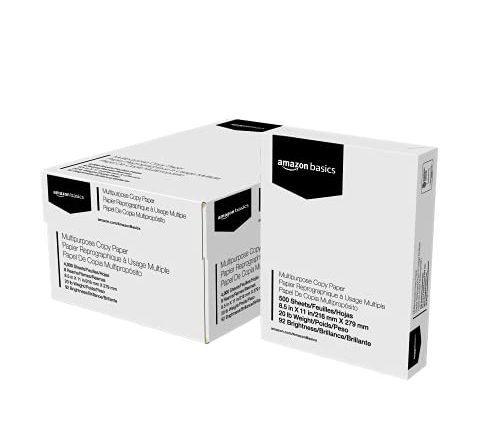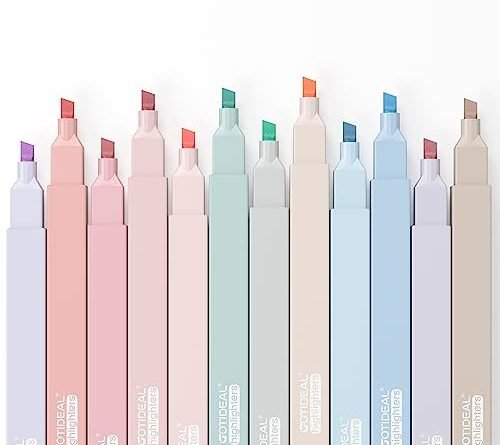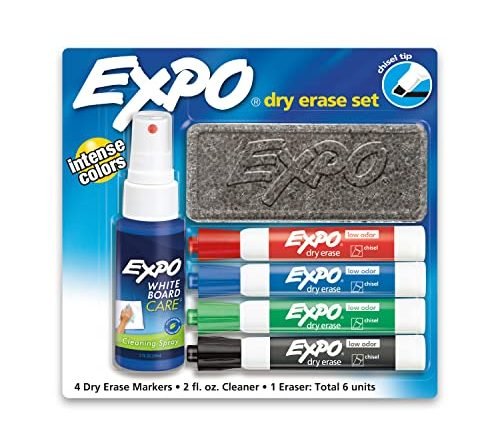
In this step-by-step guide, we will walk you through how to use whiteboard markers effectively. Whiteboard markers are essential tools for writing and drawing on whiteboards, and this guide aims to help you make the most out of them. Whether you’re a teacher, a student, or just someone who often uses whiteboards for presentations or brainstorming, this guide will provide you with the necessary tips and techniques to ensure smooth and vibrant writing on your whiteboard. So, let’s get started and unlock the full potential of your whiteboard markers!
Top Picks for Whiteboard Markers



Comparing Cheap and Expensive Whiteboard Markers: Which Ones Perform Better?
Choose the right markers
When choosing markers for your whiteboard, it’s important to select ones that are compatible with your whiteboard surface. Look for markers that are specifically designed for whiteboards, as they are formulated to provide smooth writing and easy erasability. This will ensure that your writing is clear and legible, and that you can easily wipe off the ink without leaving any residue behind.



Prepare the whiteboard
To prepare the whiteboard, start by ensuring it is clean and free from any previous markings. Grab a whiteboard eraser or a dry cloth and use it to remove any residue or smudges. Remember to break up information using bullet points for clarity. Provide clear and easy-to-follow instructions, using imperative verb forms. Format everything in Markdown, but remember not to include a conclusion.
Shake the marker
To ensure a smooth writing experience, follow these steps before using the marker:
- Hold the marker firmly in one hand.
- Shake the marker vigorously for a few seconds.
- Continue shaking until you hear the sound of the ball inside moving freely.
- Once you’ve shaken the marker well, it’s ready to use for streak-free and consistent writing.
Prime the marker
Press the pump or button on your whiteboard marker multiple times to prime the ink. Ensure that you do this to guarantee smooth writing without any dry or faint lines.
Write on the whiteboard
To write on the whiteboard, hold the marker upright and apply gentle pressure as you write. Start from the top of the whiteboard and move downwards, maintaining a steady and consistent flow of ink. This will help ensure clear and legible writing on the board.
Avoid pressing too hard
To avoid any issues with your whiteboard markers, make sure to apply light pressure when using them. Pressing too hard can cause the ink to smudge or leave stubborn marks that are difficult to erase. So, remember to use a gentle touch when writing or drawing on the whiteboard to ensure the best results.
Erase with a whiteboard eraser
To remove the markings from the whiteboard, grab a whiteboard eraser. Wipe the eraser back and forth across the marks until they disappear completely. For example, hold the eraser with a firm grip and apply moderate pressure as you move it across the board. Keep wiping until all the marks are gone and the whiteboard is clean and ready for use.
Clean the marker tip
To clean the marker tip:
- Grab a soft cloth or tissue.
- Gently wipe the tip until all ink residue is removed.
Store the markers properly
To store the markers properly, follow these steps:
- After use, cap the markers tightly to prevent them from drying out.
- Store them horizontally or upright in a cool and dry place.
- Make sure the storage area is away from direct sunlight or extreme temperatures.
- Avoid storing markers near sources of moisture or heat, as it can affect their ink quality.
- Keep markers out of reach of children and pets to prevent accidental damage or ingestion.
Time to put your skills to the test!
To wrap it up, using whiteboard markers is really straightforward. You just need to make sure you have the right markers, ready the whiteboard, give the marker a little shake and prime it, write with a light touch, erase with a whiteboard eraser, clean the tip if necessary, and store the markers correctly for next time. It’s as easy as that! So go ahead and start using those whiteboard markers with confidence. Happy writing!
Gather Your Supplies
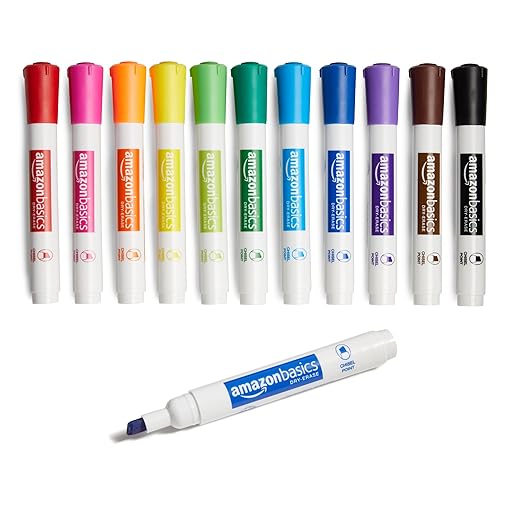


Mastering Whiteboard Markers
Getting the most out of your whiteboard markers
- Shake the marker well before using it to ensure the ink is properly mixed
- Hold the marker in an upright position and press down slightly to allow the ink to flow
- Start drawing or writing on the whiteboard with smooth, steady strokes
- If you make a mistake, you can use an eraser specifically designed for whiteboards to remove the marks
- Remember to put the cap back on the marker tightly after using it to prevent the ink from drying out
- Hope these tips help! Let me know if you have any more questions
Answers to Your Burning Questions about Whiteboard Markers
Whiteboard markers typically last between 3 to 6 months before drying out, depending on how frequently they are used and how well they are capped when not in use. Some markers may last even longer if they are of higher quality or have a larger ink capacity. However, factors such as exposure to air, temperature, and the specific brand of the marker can also affect its lifespan. It’s always a good idea to check the packaging or manufacturer’s instructions for any specific recommendations regarding the longevity of a particular whiteboard marker.
Whiteboard markers are made of a combination of ingredients that include pigments, solvents, and resins. The pigments are responsible for giving the ink its color, while the solvents help the ink flow smoothly onto the whiteboard surface. The resins in the ink allow it to adhere to the whiteboard and dry quickly. Additionally, some markers may contain additives like surfactants to improve erasability and extend the lifespan of the marker.
When it comes to whiteboard markers, there are a few popular brands that people tend to prefer. Some of the top brands include Expo, Quartet, BIC, and Staedtler. These brands are known for producing high-quality markers that provide smooth writing and vibrant colors on whiteboards. However, the popularity of brands may vary depending on personal preferences and specific needs.
Yes, there are eco-friendly options available for whiteboard markers. Many companies now offer markers that are made from recycled materials or are refillable. These markers are designed to reduce waste and minimize their impact on the environment. Look for markers that are labeled as non-toxic and free from harmful chemicals. Additionally, some markers use water-based ink instead of solvent-based ink, which is better for the environment. By choosing eco-friendly whiteboard markers, you can contribute to sustainable practices and reduce your carbon footprint.
Yes, whiteboard markers can be used on surfaces other than whiteboards. They can be used on any smooth, non-porous surface like glass, plastic, or metal. Just make sure to test it on a small area first to ensure it can be easily wiped off.
Yes, there are special whiteboard markers designed specifically for children or specific age groups. These markers are usually designed with features that make them easier for children to use and handle. They might have smaller and rounded tips for better control, as well as non-toxic ink, which is safe for children in case they accidentally put the marker in their mouth. Some markers also come in vibrant colors to make the writing more fun and engaging for kids. When looking for whiteboard markers for children, you can check for age recommendations on the product packaging or look for markers that are specifically labeled as “child-friendly” or “for kids.
Whiteboard markers work on the surface of a whiteboard because they contain a special type of ink called dry erase ink. This ink is made up of pigments, solvents, and polymers. When you write on the whiteboard with a marker, the ink is transferred onto the smooth surface of the board.
The ink contains pigments that give it color, solvents that allow the ink to flow smoothly, and polymers that help the ink adhere to the surface. When the ink dries, it forms a thin layer on the whiteboard.
The whiteboard surface is usually made of a glossy material, such as melamine or porcelain, which allows the ink to be easily erased. The ink does not penetrate the surface of the whiteboard, but rather sits on top. This is why you can easily wipe off the markings with a dry erase eraser or a cloth.
The solvents in the ink evaporate quickly, leaving behind the pigments and polymers on the surface. The polymers create a slightly porous layer that adheres to the surface, but still allows for easy erasing.
So, when you write on a whiteboard with a marker, the ink is applied to the surface and dries quickly to form a visible mark. When you want to remove the markings, the dry erase eraser or cloth picks up the pigments and polymers, wiping them away without leaving any residue.
That’s how whiteboard markers work on the surface of a whiteboard!
Whiteboard markers are typically erasable. They are designed to be used on whiteboard surfaces and can be easily wiped off using an eraser or a dry cloth. However, it’s important to note that not all whiteboard markers are created equal, and some may be more difficult to erase than others. It’s always a good idea to test a new marker on a small corner of the whiteboard before using it extensively to ensure it can be easily erased.


